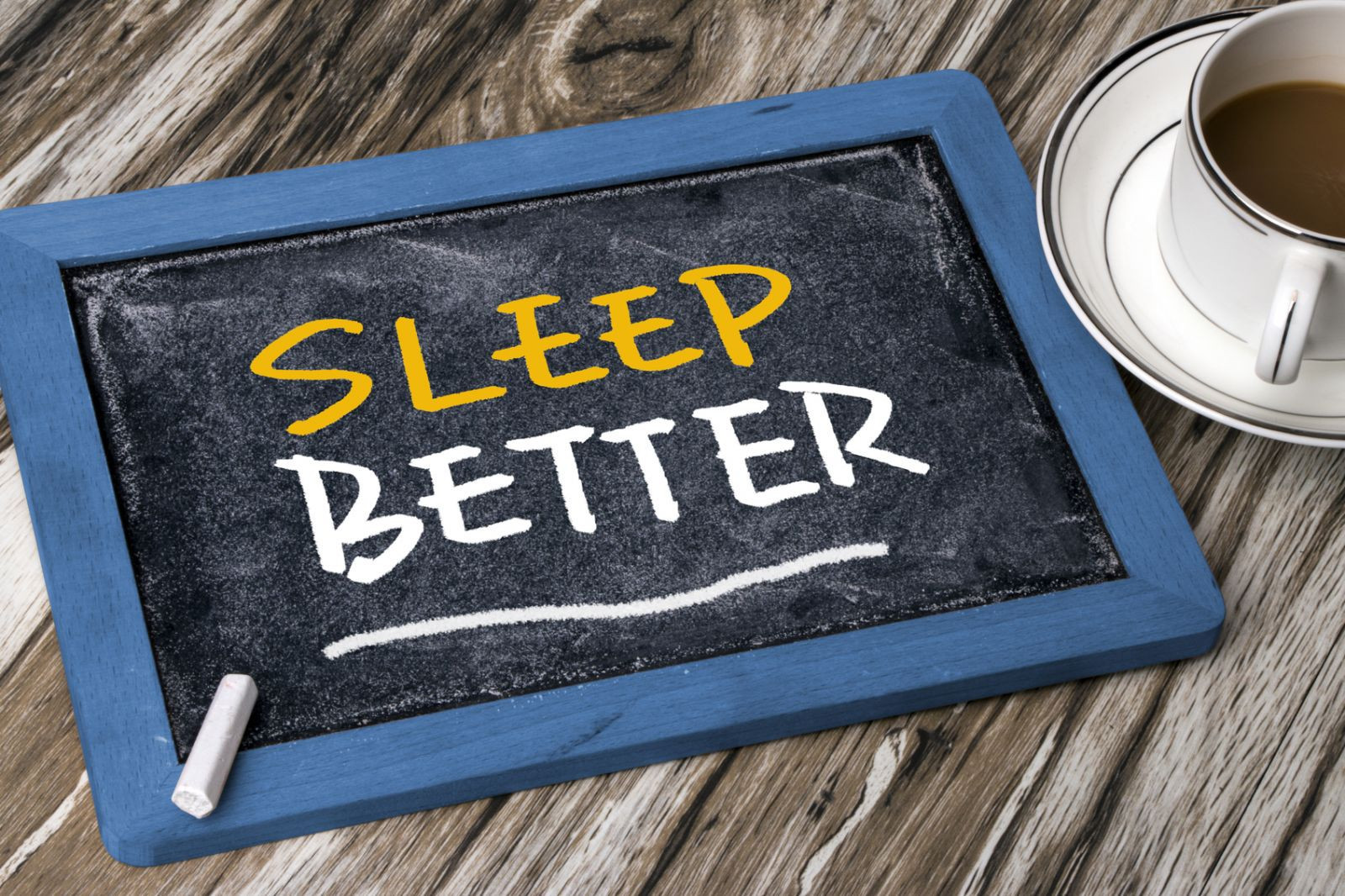Better sleep, naturally

The world looks very different at 3 a.m. when you're lying in bed staring at the ceiling or the clock. "How will I make it through tomorrow without any sleep?" you worry. You may wonder how to sleep better every night. If you regularly can't get to sleep - or stay asleep - and it's affecting you during the day, then you may have insomnia.
Prescription or over-the-counter sleep aids can help you drift off, but these drugs also have side effects. These include morning drowsiness, which can make activities like driving or using machinery dangerous, and an increased risk for falling. There are other ways to sleep better than medications.
Try simple lifestyle changes to help you sleep better, recommends Dr. Hadine Joffe, associate professor of psychiatry at Harvard Medical School. Two good tips to help you sleep better include avoiding caffeine and sticking to a regular sleep schedule. If these steps don't help you sleep better, it's worth a call to your doctor to see if a medical condition - such as thyroid problems, anemia, sleep apnea, menopausal hot flashes, heartburn, incontinence, or depression - is affecting the quality or the quantity of your sleep. Treating the health problem may take care of the sleep problem.
The guide below can help you establish a sleep routine to promote restful nights and to help you sleep better.
|
Your Daily Sleep Guide |
|
|
Morning |
|
|
7:00 a.m. |
Wake up at the same time each morning, even on weekends. |
|
8:00 a.m. |
Limit yourself to just one cup of caffeinated coffee at breakfast, or drink decaf. Too much caffeine in the morning can stay with you until bedtime. (If you're used to drinking several cups of coffee a day, wean yourself off it gradually over a few weeks.) |
|
9:00 a.m. |
Get outside for a 30-minute walk. Both exercise and morning sunlight can help you sleep better. |
|
Evening |
|
|
6:00 p.m. |
Eat a light dinner. A heavy meal can lead to heartburn, which can keep you awake. Avoid caffeinated tea, coffee, and soda, as well as alcohol and chocolate. |
|
9:15 p.m. |
Turn off your TV, computer, cell phone, and tablet at least 30 minutes before bed. They stimulate the brain. Read a book (not on a tablet), take a warm bath, or listen to soft music to help your body and mind unwind before bed. |
|
9:45 p.m. |
Get your bedroom ready for sleep. Dim the lights, close the curtains, make sure the temperature is cool and comfortable, and cover your alarm clock so you can't see the time if you do wake up in the middle of the night. |
|
10:00 p.m. |
Use the bathroom. |
|
10:15 p.m. |
Lights out. Try to go to bed at the same time every night. If you can't fall asleep in 15 minutes, leave the bedroom. Sit somewhere quiet, like the couch, and read a book for 15-20 minutes or until you get sleepy. Then go back to bed. |
For more information on some proven techniques to help you get a good night's sleep, read Improving Sleep, a Special Health Report from Harvard Medical School.
Image: cacaroot/Getty Images
Disclaimer:
As a service to our readers, Harvard Health Publishing provides access to our library of archived content. Please note the date of last review or update on all articles.
No content on this site, regardless of date, should ever be used as a substitute for direct medical advice from your doctor or other qualified clinician.















